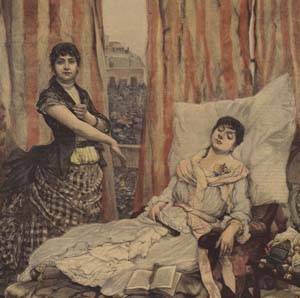News emerged on Wednesday that an Egyptian student had been arrested for “insulting religion”. Sherif Gaber Abdel Azim, 20, a commerce student at the Suez Canal University in Ismailia was on 26 of October reported to the police by the University’s administration, who had received complaints of his activities. Sherif Gaber’s crime? To start a Facebook group labelled “Atheists”. It is not clear what kind of material was posted under this group, but the Council of Ex-Muslims reports that Gaber had published a short post about how he came to be an atheist and how difficult it is to be a non-believer in Egypt. Gaber is currently held in custody while the accusations against him are being investigated. Article 98 of the Egyptian penal code states that ridiculing or insulting a heavenly religion (i.e. Islam, Christianity, Judaism) can be punished with a maximum sentence of 5 years in prison.
This is not the first time that Egypt’s blasphemy laws have been used against young social media activists. In 2012, Alber Saber, an atheist from a Coptic Christian family, was arrested and convicted of “insulting religion”. In Saber’s case, he was first arrested for allegedly posting the controversial “Innocence of Muslims” video on social media sites, but no evidence for this was found. He was finally sentenced to three years imprisonment over atheist statements found on his Facebook page. Saber was released on bail, and left Egypt early this year for an unknown location. He has since spoken about the violence he encountered while in prison from other inmates who had been informed of his “crime”, and the threats made against his family.
But could the dire situation of Egyptian non-believers improve? In his article in Salon last week, the Egyptian journalist Khaled Diab seemed tentatively positive about the future of the country’s atheists. He notes that non-believers are becoming much more confident, and taking a more active part in Egypt’s political debates. He recounts his own experience of “coming out” in a national newspaper, surprised by the warm and positive response of the readers. Diab says that the revolution and the fall of the Muslim Brotherhood may have forced people to rethink their ancestral beliefs, thus allowing non-believers more courage to express their views and encouraging society to pay more attention to the “forgotten minority”. But, the unstable political situation makes it difficult to predict how atheists will fit in to the future Egyptian society. “[T]he situation could improve dramatically for atheists,” Diab writes, “or non-believers could find themselves pushed back underground.” The result of the investigation of Gaber’s “crime” might shed some light on the direction in which the position of Egyptian atheists is currently moving.

